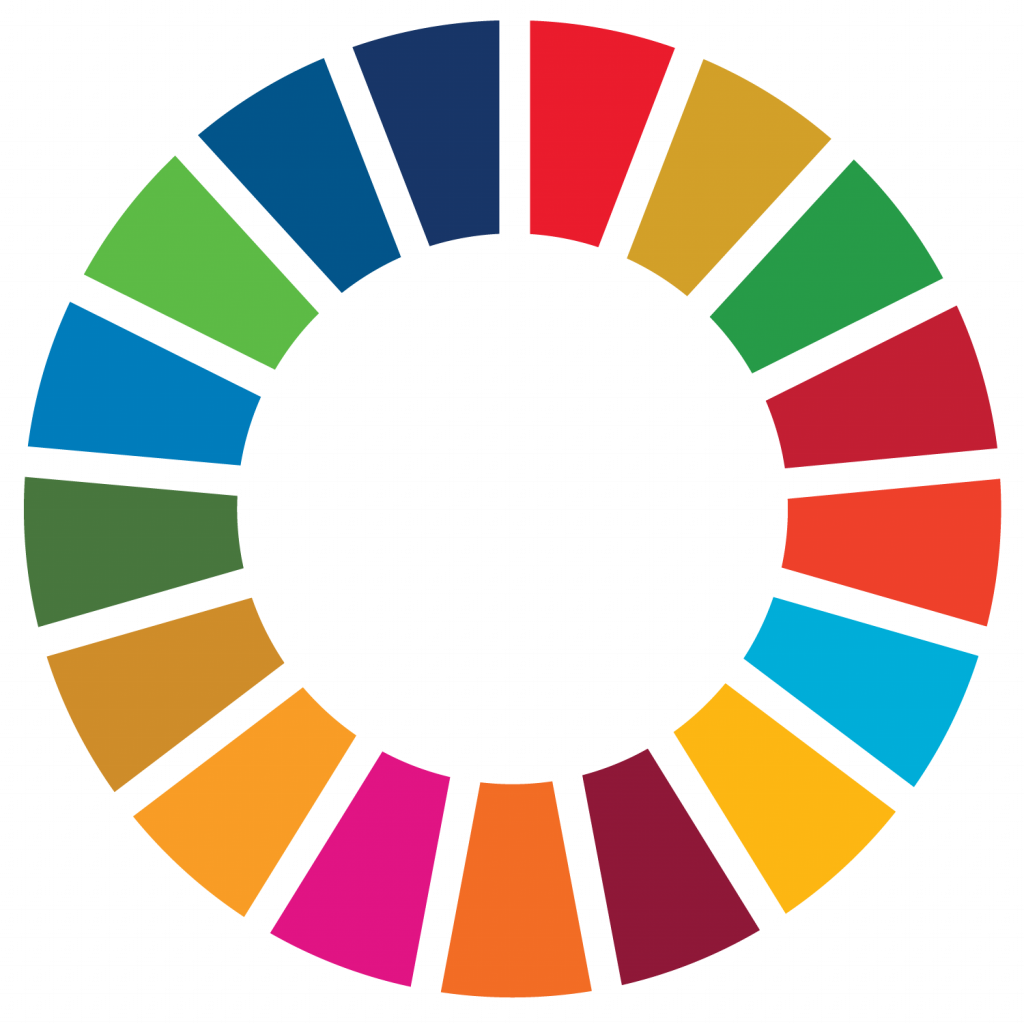
Sustainability and social responsibility
Sustainability profile
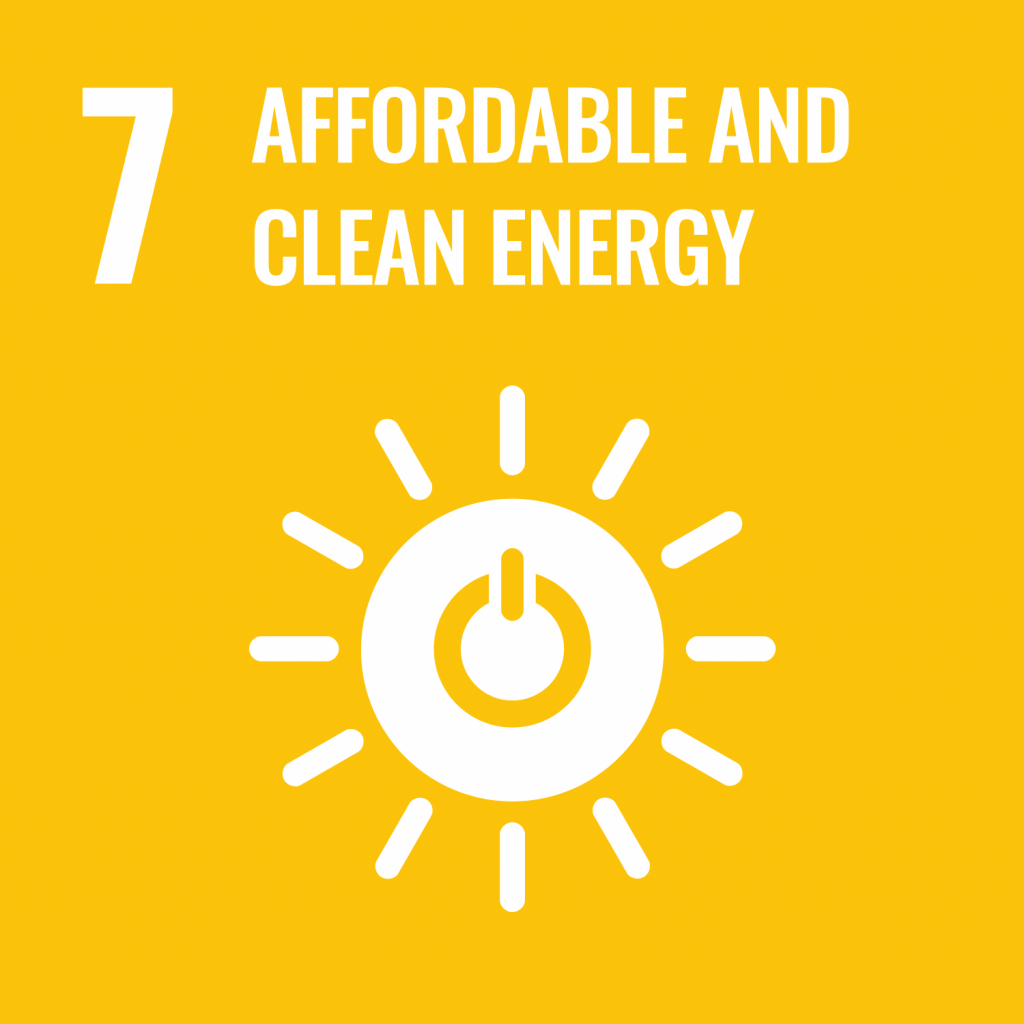

Affordable and clean energy
Our technology and knowledge make it easier for our surroundings to effectively start using renewable energy. From shore power solutions and automation systems to EV chargers, energy efficient household appliances to advanced smart home systems; we will continue to deliver intelligent technology that enable our customers to live more sustainably.
In addition to developing and delivering technology to our customers, we also work to reduce our carbon footprint and utilise renewable, clean energy in new and smarter ways. For example, our head office at Hareid is built for extreme energy efficiency, with 1600 m2 solar panels on the roof. We have also started electrification of our extensive carpool.
Our maritime companies are ISO 14001:2015 certified, and our two companies operating in the land-based installation market in Norway are Eco-lighthouse certified.
Annual reports related to Eco-lighthouse (Miljøfyrtårn) are made available by request to post@hareidgroup.com.
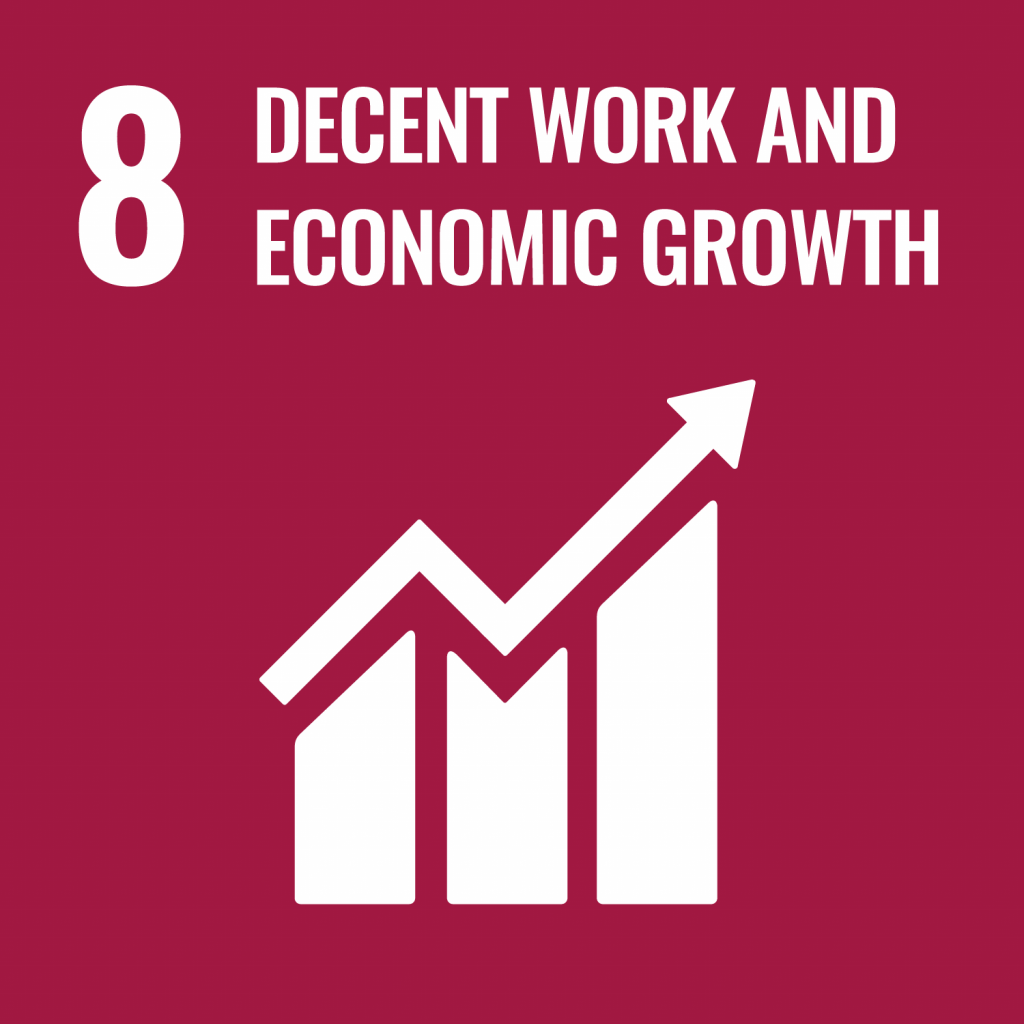
Decent work and economic growth
Healthy economy is a prerequisite for our existence as a business, and essential for our contribution to the value creation in the regions where we operate. We aim to ensure sustainable and profitable growth that secures employment and financial growth in our local communities.
Hareid Group has a long history with apprenticeships as a way of securing future competence and capacity for our business and for the electrician profession. We cooperate closely with educational institutions in our regions and every year we admit several apprentices – a tradition we will continue to prioritise going forward.
Hareid Group aims to be a reliable and accountable employer. We promote freedom of association and maintain good relations and constructive cooperation with the trade unions. We pay equal wages for equal work and place strict ethical demands on all our suppliers of products and services.

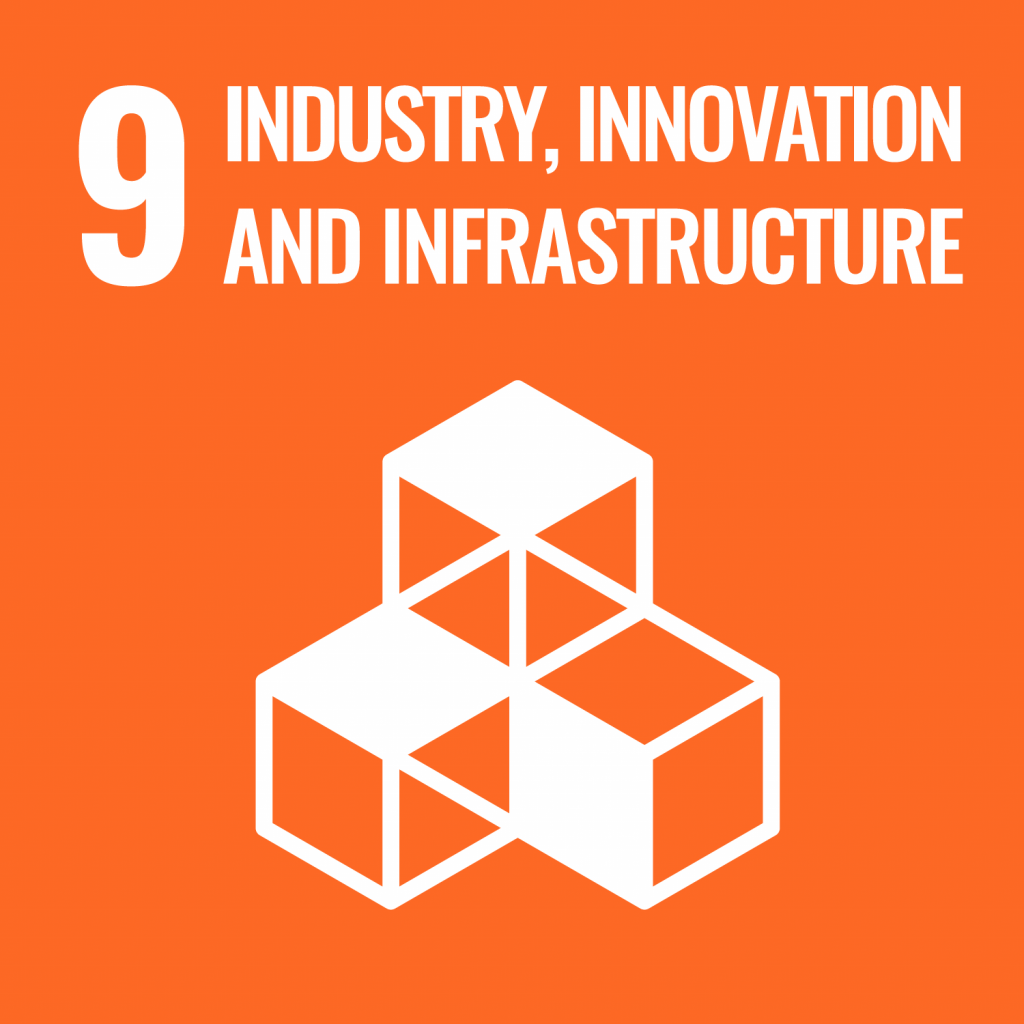

Industry, innovation and infrastructure
Energy efficient buildings and moving of transportation from road to sea are both important contributions to reduced carbon emissions. Effective energy monitoring, smart automation solutions and construction of new harbour infrastructure are examples of areas where Hareid Group actively contributes with innovative, reliable and sustainable solutions.
Our goal is to continue to develop technical solutions that contribute to sustainable development of industry and infrastructure.
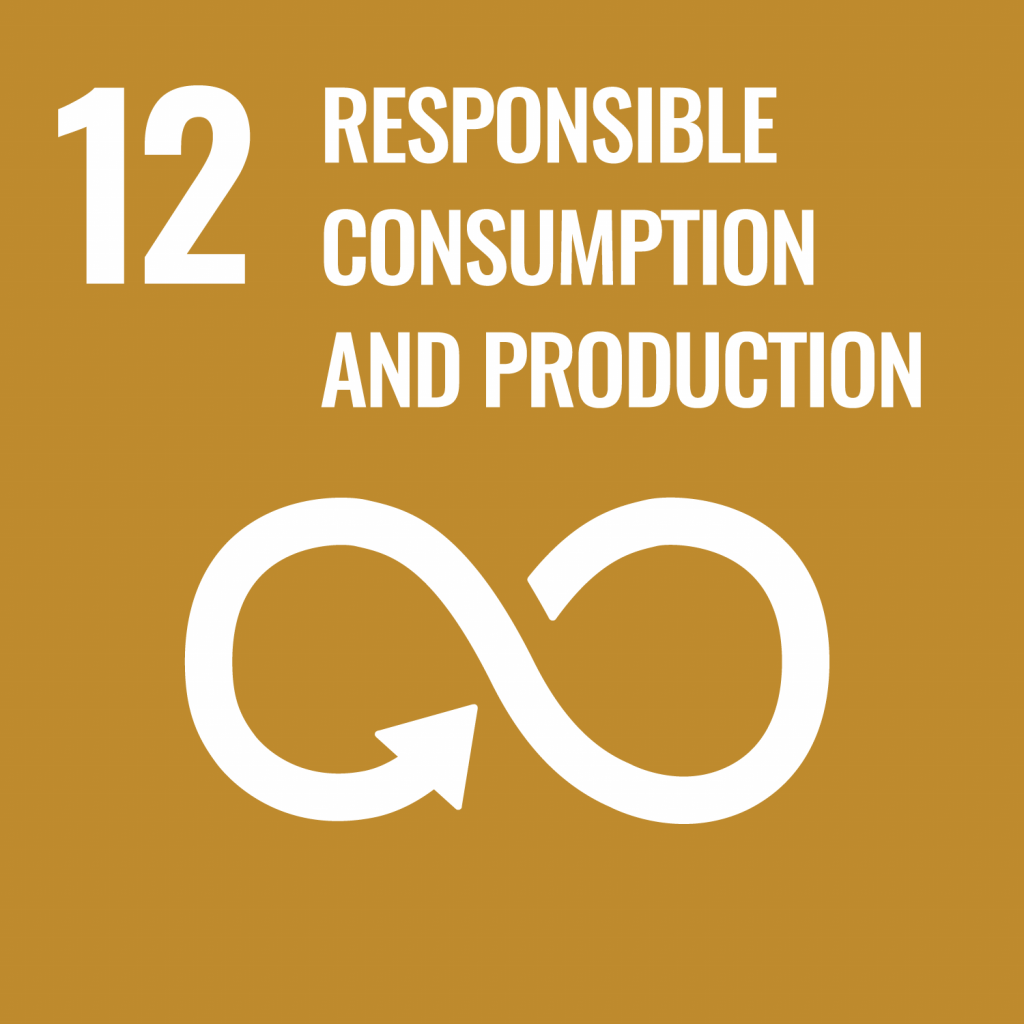
Responsible consumption and production
We work actively both on behalf of Hareid Group and through our purchasing alliances to secure traceability of the value chains.
In addition to put demands on our suppliers, it is also important for us to reduce our own environmental footprint through improving our routines for reduced material consumption and better waste handling. We sort and recycle our waste and have implemented structured measures to reduce cable waste in our maritime projects.

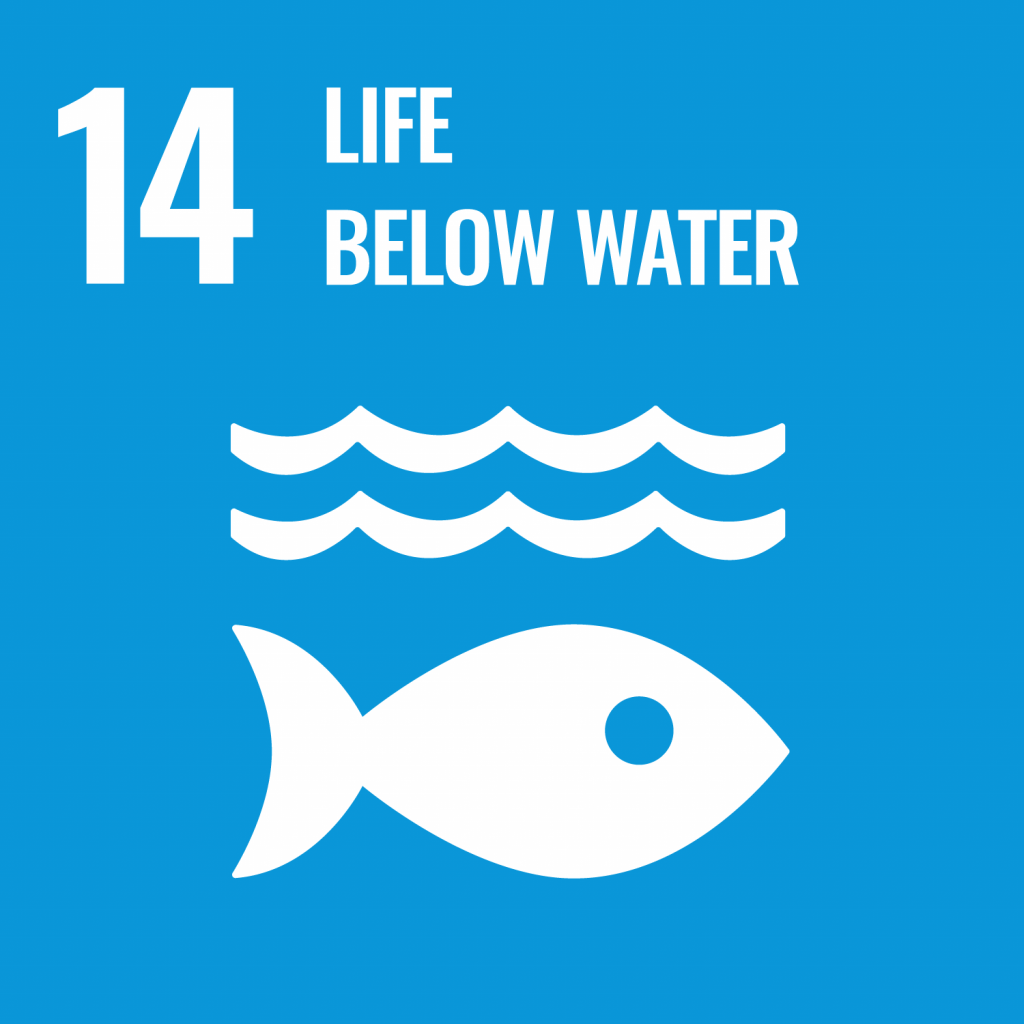

Life below water
Many parts of society influence life under water, but few or no sectors have more direct impact than the shipping, fishing and ocean farming industries. And with that impact comes responsibility.
The technical solutions we at Hareid Group offer to our customers are therefore designed to contribute to sustainable management of ocean resources and to improve fish health.
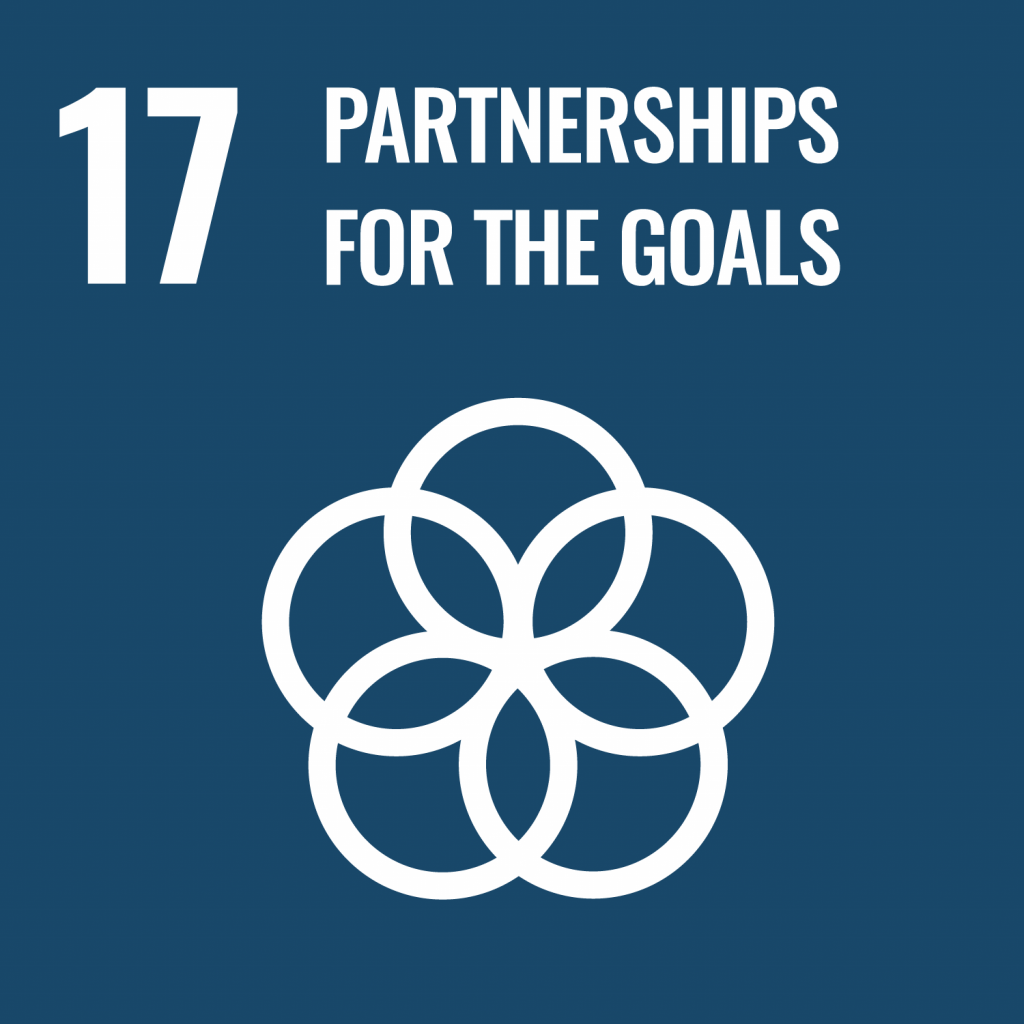
Partnerships for the goals
This also applies when the objective is to create lasting change. None of the other 16 SDGs are possible to reach without extensive cooperation.
Hareid Group will be a reliable partner for customers, suppliers, authorities and other complementary stakeholders in the work to shape a sustainable future.

Reporting pursuant to the Norwegian Transparency Act
Hareid Group has four companies that are subject to the reporting obligation pursuant to the Act. The reports include accounts for the annual due diligence assessments carried out by each company.
In the reports, the companies also describe the measures assessed and implemented to reduce the risk of negative consequences the company’s activities and business relationships may have for fundamental human rights and decent working conditions.


